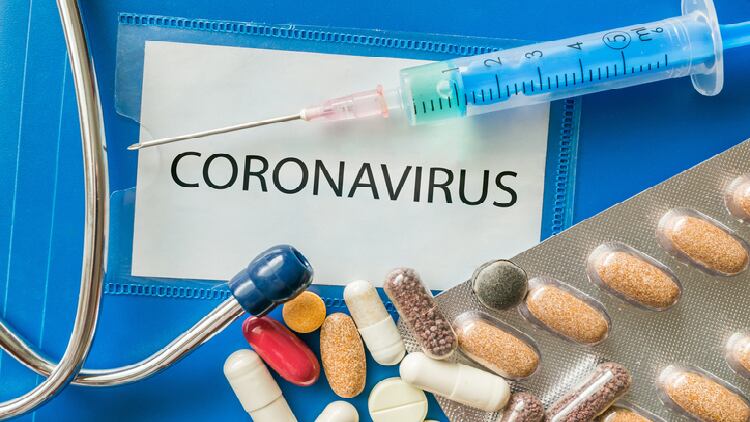The products in question range from anti-hangover tea, oral spray, probiotics pulp, carrots, vegetables, and Liu Shen Wan – a prescription TCM.
According to the State Administration for Market Regulation (SAMR)’s announcement, the individuals involved in the cases were unable to back up the COVID-19 treatment or prevention claims with evidence.
They were thus punished for flouting advertising rules and/or food safety laws.
The following are some of the examples listed by the state regulator.
1) Oral spray that “activates” the immune cells
One of the fake ads promoted oral sprays, general foods, and health foods that claim to “activate the innate immune cells”.
Phrases such as “new discovery for fighting against the novel coronavirus” and “could prevent coronavirus from attacking the respiratory tract’s epithelial cells of the host” were also used to promote the products online.
The case took place in Tianjin and the persons involved could not provide relevant evidence to prove the claims and have violated advertising rules. The violator was fined RMB$200k.
2) Anti-hangover tea that “prevents or cures”
Elsewhere in Jilin, an individual was found to have used his/her Weibo to advertise his/her company’s anti-hangover tea and magnetic water for preventing or curing COVID-19.
In addition, the individual promoted the products in the name of the “Control and command task force for the novel coronavirus” from the Jilin Province.
The individual was punished according to the food safety laws and advertising laws and fined RMB$200k.
3) Carrots and veggies that “boost the macrophages”
In Shanghai, an IT company was found to have promoted carrots, celery, and lettuce, and other vegetables that claimed to “boost the macrophages” on the e-commerce site Jin Ri Miao Sha (IGXE).
Other claims made include “reduce the risk of flu”, “removes heat, toxins and energises”, “lowers cholesterol”, “aids the treatment of weak mental health” etc.
Investigations have found that the products promoted were simply vegetables.
For violating the advertising laws, the person involved was fined RMB$180k.
4) Unauthorised and incorrect advertising of TCM product
In Henan, a pharmacy was found to have promoted the prescription TCM ‘Liu Shen Wan’ when it was unauthorised to do so.
The advertising of the product could only be conducted in medical scientific journals designated by the National Medical Products Administration (NMPA) and the health department.
Moreover, the advertisement in question has made inaccurate claims.
The pharmacy has also made untrue product claims such as “quick defence against flu”, “prevent cross-infection”, and “prevent pneumonia”.
For violating the advertising laws, the person involved was fined RMB$300k.
5) Probiotic that can “resolve virus infection”
The person involved has released an online advertisement on how a ‘probiotic pulp’ could “resolve virus infection”.
This happened in Sichuan, where the person further claimed that consuming 50ml to 100ml of the probiotic pulp daily could prevent one from contracting the novel coronavirus.
For violating the advertising laws, the person involved was fined RMB$200k.





